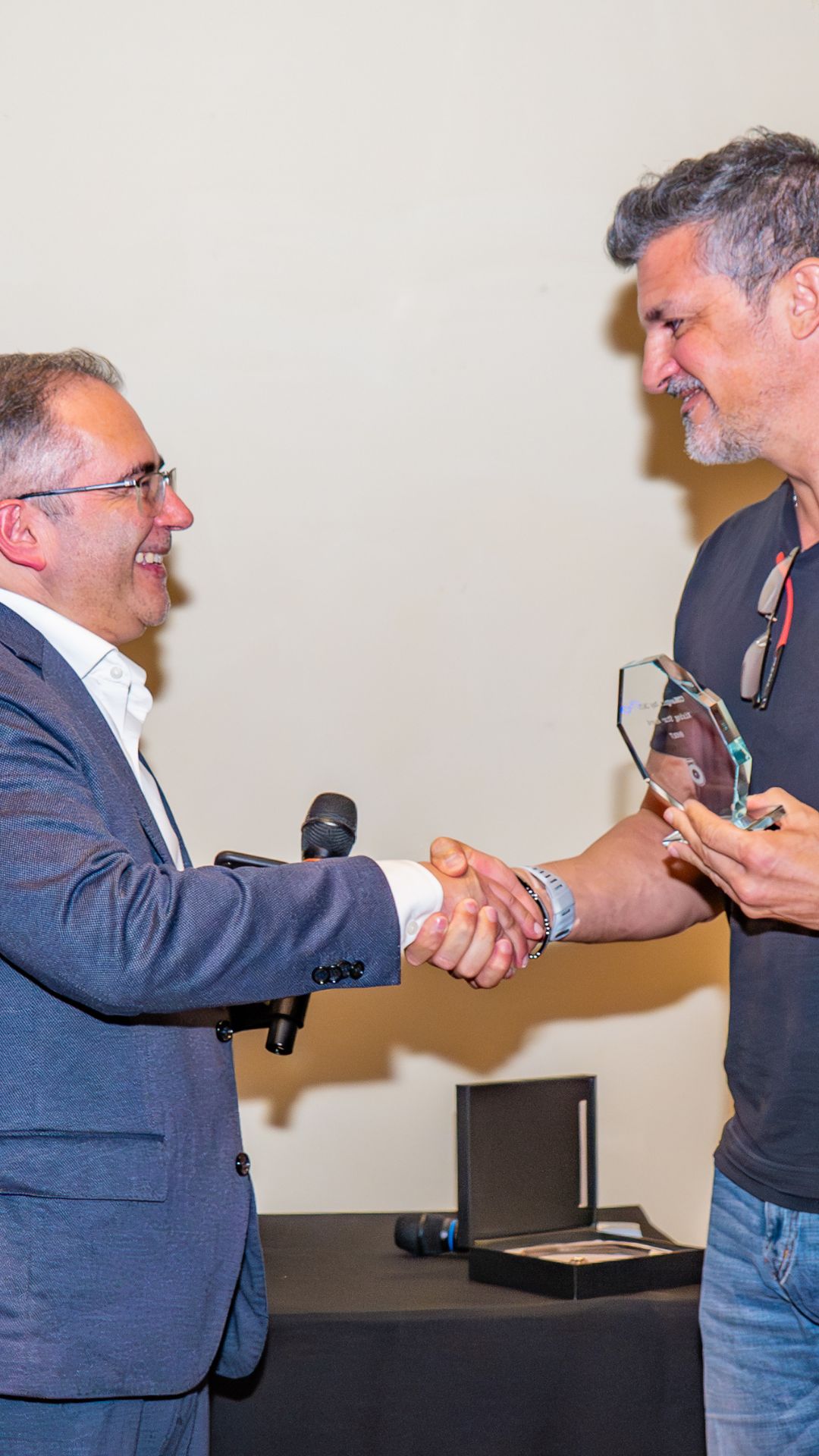"Slush is a student-led not-for-profit movement on a mission to help and create founders that change the world.”
At its heart, Slush aims to encourage and support the upcoming generation of entrepreneurs. Creating an ecosystem for startups, entrepreneurs and investors where adversities can be addressed and work together for a fairer entrepreneurial world. With Diversity, inclusion and equity at its core, as well as entrepreneurs and investors taking responsibility for the impact they can make in our society with their innovative ideas and work.
Slush started in 2008, and it was a simple event, in which only a few participated. Over the years, it grew and became one of the biggest tech/startup events in the world. After a hiatus from the covid times and a tricky 2021, this 2022 came back stronger than ever, with 12000 attendees, a total of 4600 startup founders and 400 media representatives. Proof that Finns do what they preach when they say “SISU”, constant determination, courage, and perseverance when facing adversity.
This year, the event took place on the 17th and 18th of November, with an entire week full of side events. One of the official side events was "STARTUPS FOR SUSTAINABLE DEVELOPMENT", hosted by Google.
Google's startups for sustainable development program offers aid to startups that have at their core the goal of creating an impact in our world. This program tracks impact using the United Nations' Sustainable Development Goals foundation.
Google's startups for sustainable development help startups reach goals by contributing with advisors who mentorship the startups, funding and technology for scale.
At this event, Irwin Boutboul, founder of the program, made opening remarks and invited Anders Adlercreutz, a member of the Parliament of Finland.
Anders made remarks about Europe's green transition, how startups and technology can help with the energy crisis, and the impact of our choices as consumers. One of the main points was the need for Europe to innovate and move forward at a fast speed for sustainable energy sources and use Putin's politics as a wake-up call to leave fossil fuel behind.
On the stage, we witness many other speakers:
Jack Angela, the co-founder of Orbio Earth and Google's partner, talked about the importance of tracking and having accurate data to create impact. Orbio Earth collects methane emissions data through satellite analytics every four days, helping oil and gas companies and their environmental engineers reduce methane emissions.
Alice Chougnet, CEO of Geosophy, explained how Geosophy helps users, private or public agents, to go carbon-free by using geo-energy. By giving an address, they can simulate the underground structure of a building to see if it is possible to switch from carbon energy to geo-energy. They can also stipulate the total cost of property valuation, energy revenue and investment costs.

The session ended with a panel debate, with Alice Chougnet, Jack Angela, and Anders Adlercreutz mentioned before, together with Paula Laine, CEO of The Finnish Climate Fund, and Saara-Sofia Sirén, Member of the Parliament of Finland. The main topic was Europe's climate goals and how startups can help reach these goals. And Irwin Boutboul's closing remarks.
What we love about events like Slush is that it is a big eye-opener to see what is coming up next in the startup world. In this case, we saw many trends resonating in the Angel Investment world all around Europe: the importance of angel investors when it comes to innovation and creating impact in our world and women getting the needed place and representation in the investment and startup ecosystem.
Stay tuned for our next article, where we will dive deeper into the upcoming trends in Angel investing in 2022.











